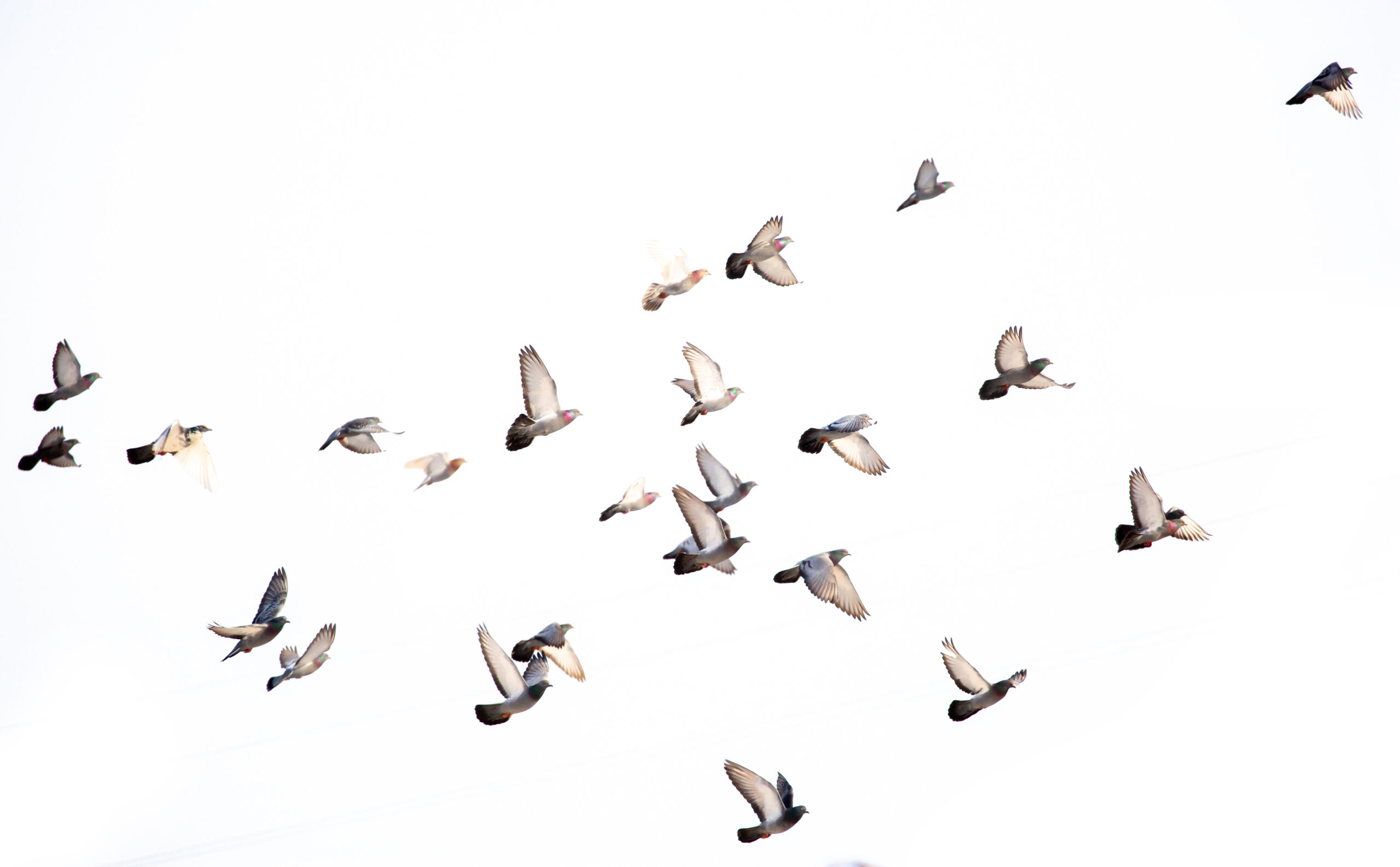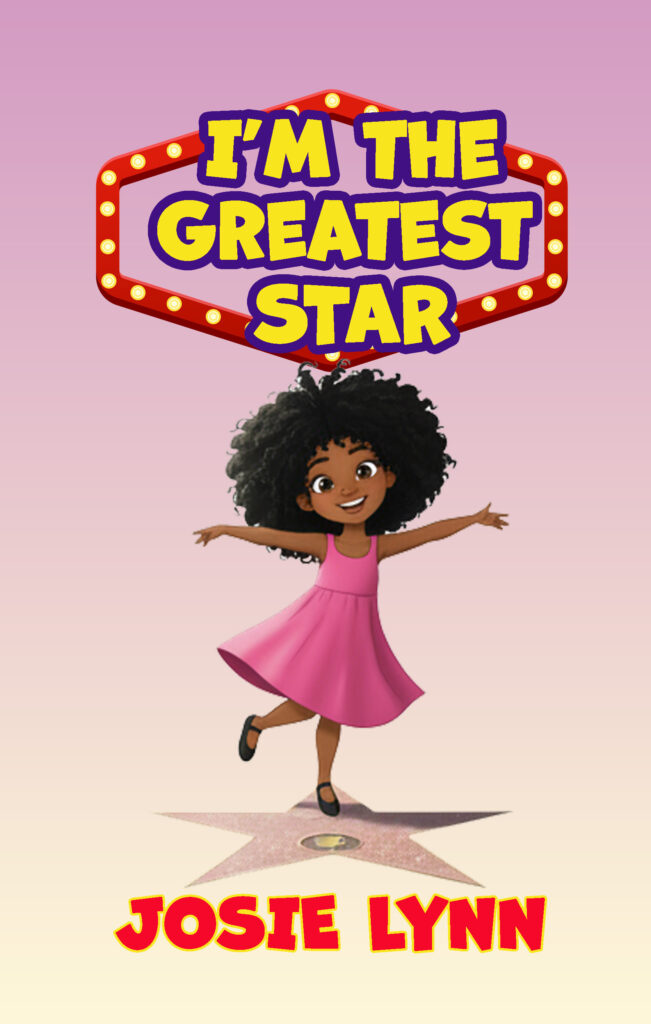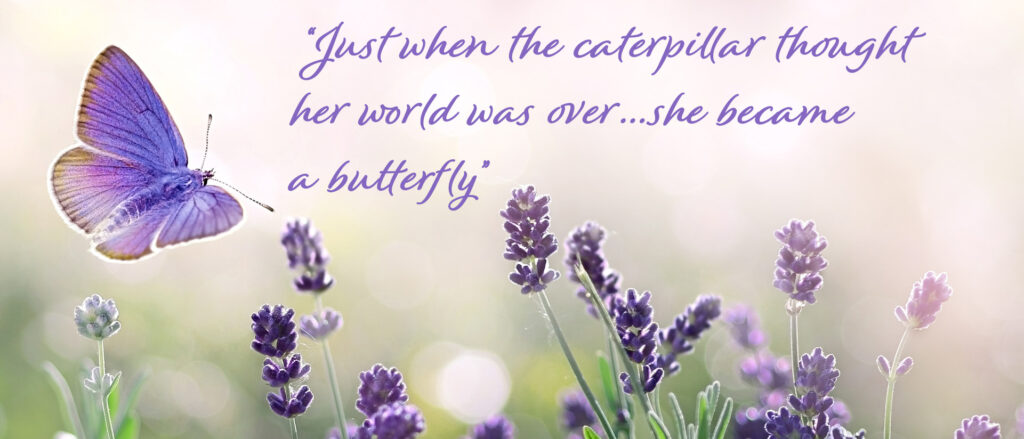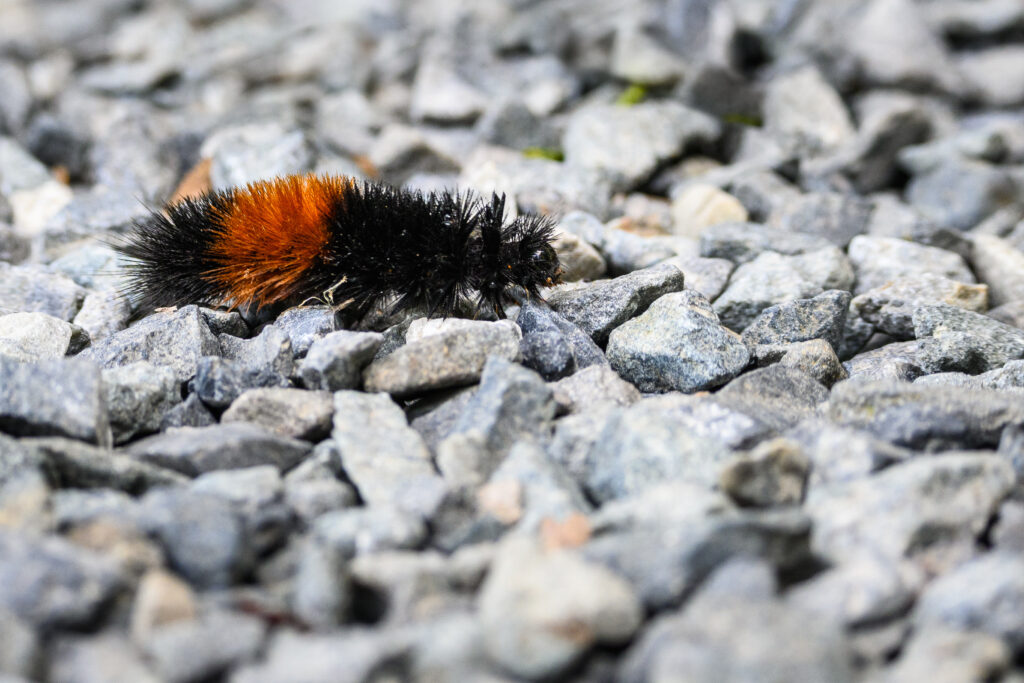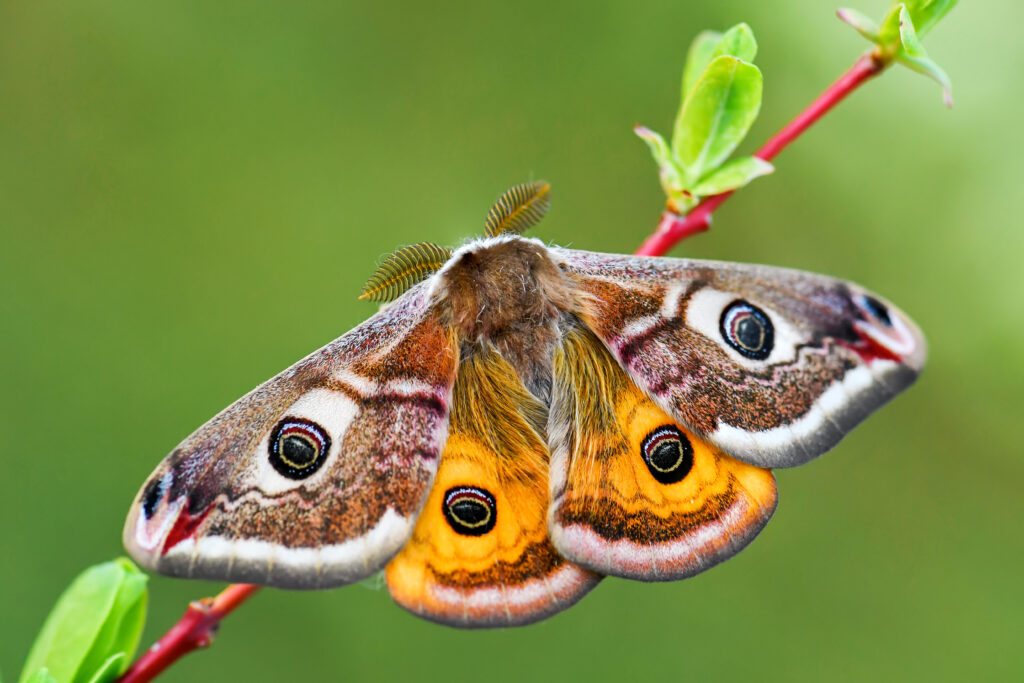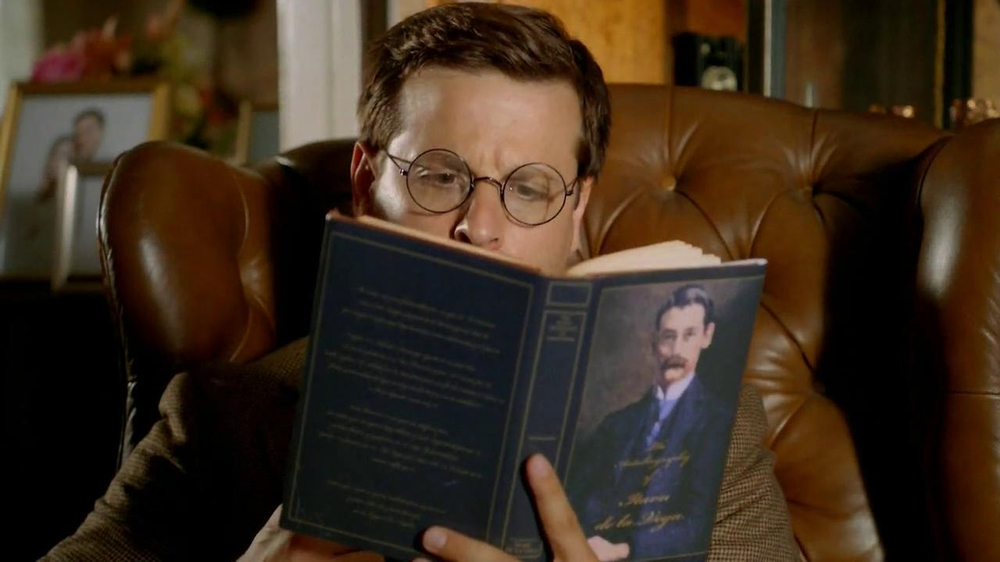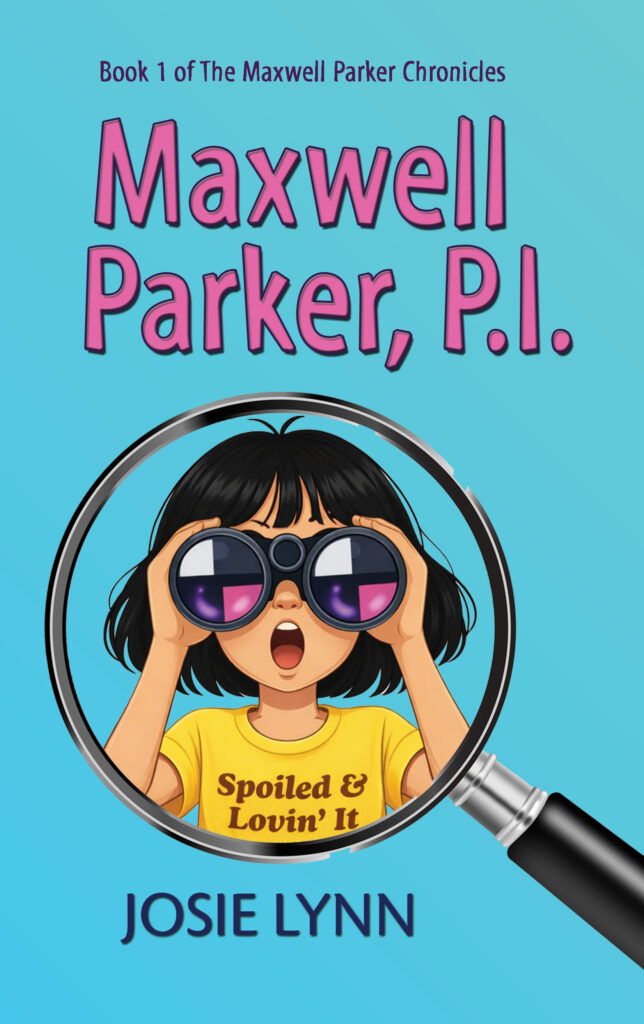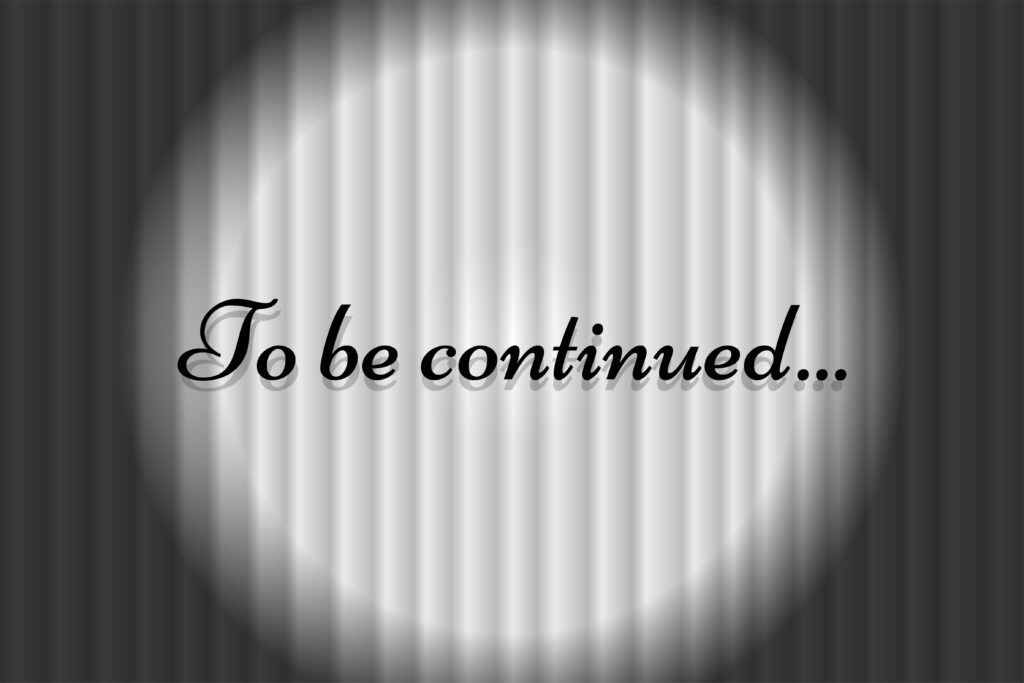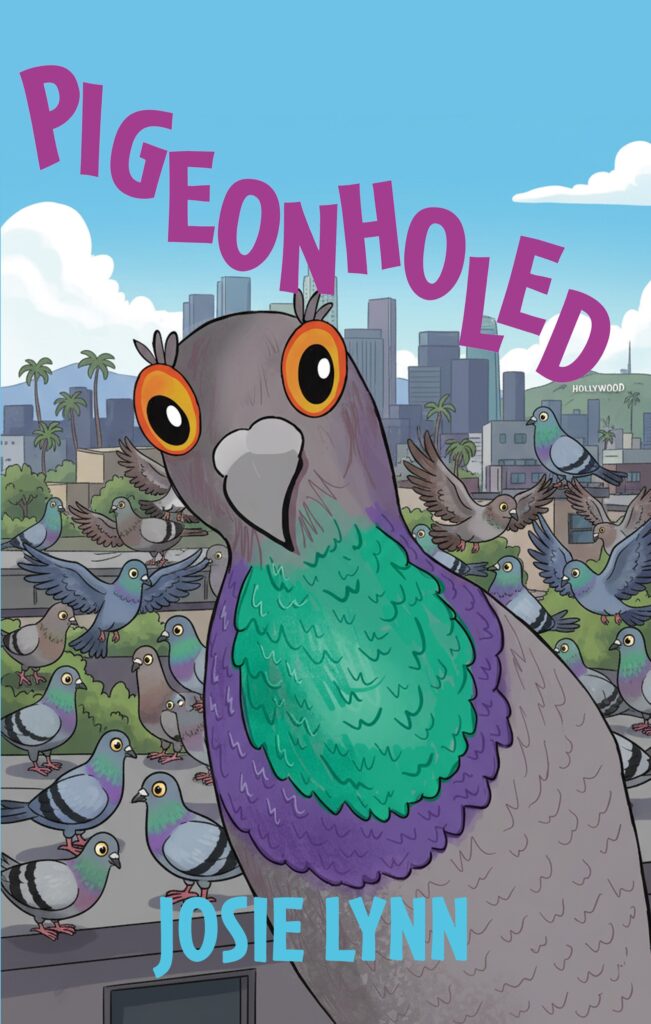
I have a question for you. How did you spend your time during the pandemic?
If you’re like me, I’m sure you had lots of big plans that didn’t exactly come to fruition. I won’t take you down my list of failed endeavors (…the hiking that didn’t happen, the sourdough bread that didn’t rise…) but I did manage to do a whole lot of binge-watching (does watching Endeavour count as a successful endeavor?) and a lot of bird-watching.
If you’re picturing me crouching in a park with a pair of binoculars, a field guide, and khakis, let me stop you right there. I did some of my best bird-watching from the driver’s seat of my car. Since so many people (at least at the start of the pandemic) were working from home, traffic on my usually insane commute was practically nonexistent, so I had a lot more time to reflect on different things as I drove to work. The things that tended to catch my eye more than anything else were the city’s pigeons.
More than just catch my eye, though, they really captured my imagination. I thought back to a friend of mine who had moved to California from New York and used to contemptuously call them “rats with wings.” I always thought that was unfair and a little harsh. The more I watched them and thought about them, the more an idea began to reveal itself to me. Was it a Great Idea? You’ll have to ask Walter Pigeon. What I know for sure is that it became a book. A book called Pigeonholed.
Here’s how I describe it: Walter Pigeon is concerned about the bad rap he and his fellow pigeons have received and is determined to do something about it. A humorous and heartfelt satire about thinking outside the box.
Here’s what other people are saying about it…
“Clever and humorously imaginative, with embedded words of wisdom.”—Kirkus Reviews
And if you care to check it out, it’s available on Amazon.
As always, thanks for stopping by. I really do appreciate it.

